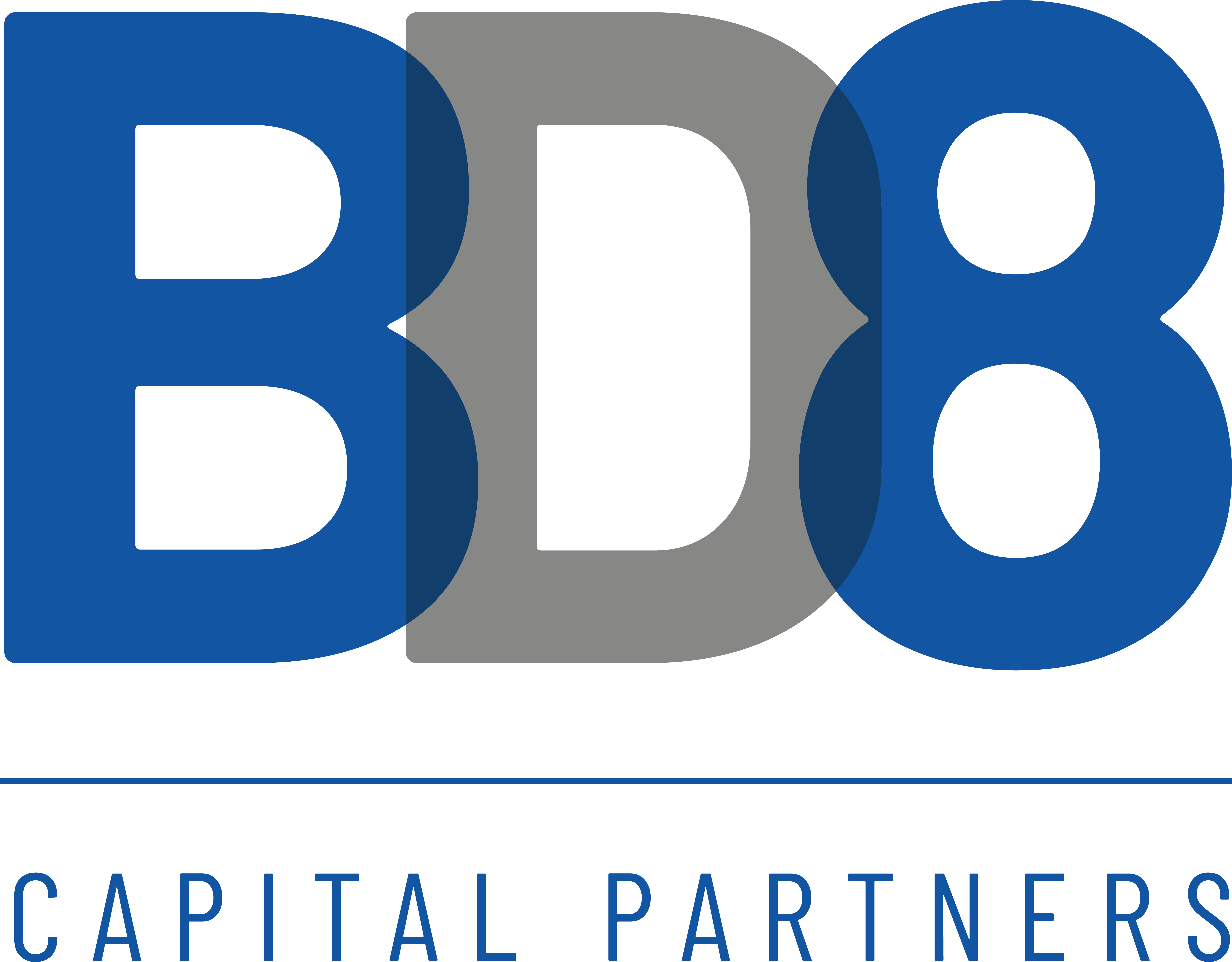With the simultaneous collapse in stocks and bonds in 2022, there were few places to hide. It was the worst year on record for bonds,* e.g., long-term treasuries were down -29.3%, * and stocks were not far behind: the S&P 500 was off -19.4% and Nasdaq, after being up +27% in’21, was down -33.1%.**
The cause was a series of seven interest rate hikes by the Fed to bring inflation down from a peak of 9.1% in June at the fastest rate in Central Bank history.*** From March through December, the Fed raised the federal funds, benchmark rate from 0 to 4.25% with an immediate impact on housing as mortgage rates soared.
The market swung to extremes throughout the year: e.g., believing the Fed would pause after promising inflation data emerged in June, a huge rally ensued, retracing half its losses from the June 16th lows of -23.55% for the S&P 500 and -33.7% for the Nasdaq Composite Index.
In October, though, confusing inflation signals over the duration of both inflation and the Fed’s ongoing commitment to hiking interest rates created fresh worries about the impact on corporate earnings. Investors ran for the hills, assuming a worst-case scenario, sending the market to new, year lows.
Since then, inflation has continued to slow, but gradually and unevenly, with the Fed remaining committed to at least one more rate hike. But rates are likely near their peak, as numerous economic indicators already show slowing growth with more to come as the full and lagged impact of higher interest rates emerges.
Employment remains strong at 3.5%,**** matching its 50-year low, with wage growth slowing but strong. Consumers are still spending, albeit more slowly but not contracting, given job strength and assets greater than pre-pandemic, providing a major buffer to the economy.
The bullish case is inflation continues to decline, and the Fed backs off, auguring better economic growth.The risk is either inflation stays high, forcing the Fed to keep rates higher for longer, or the Fed overdoes it and sends the US economy into recession. The consensus***** right now though, is that any recession would likely be mild given the employment and savings backdrop. A myriad of geopolitical and economic risks remain: the Ukraine war, China’s unpredictable policy actions, dollar strength, the looming debt ceiling battle, and more.
An important question is how much the stock market is already discounting, as the stock market often bottoms six-nine months ahead of earnings troughing; not atypically, too, the year after a major down year,the market can see gains of 20% or more.******
We think there is a high probability that the 2022 headwinds described above will turn into tailwinds in 2023, with inflation weakening and growth remaining positive.
Given the current uncertainty, however, we have been cautious in putting new money to work and patient in accumulating shares in well-run companies at levels not often seen. Short-term cash is garnering yields of 3.5-4% with little risk (treasuries), but we are well positioned for the unknowable moment when the market begins a lasting and higher trajectory.
Here at BD8 Capital Partners, we continue to focus on your long-term financial future and planning needs,while managing your investments to help meet your financial goals.
Please never hesitate to contact us with any questions and concerns.
Best always,
Barb
Barbara Doran
CEO CIO
BD8 Capital Partners LLC
Cell: 917-733-7644
Fax: 917-580-6882
bdoran@bd8cap.com
linkedin.com/in/barbara-doran-7aa248
https://twitter.com/barbara_doran1__* Edward McQuarrie, investment historian and professor emeritus at Santa Clara University
**Barrons
*** Statista
**** Bureau of Labor Statistics
***** Bloomberg
******Fundstrat
The content of this article is for informational purposes only and should not be considered a recommendation of any particular security, strategy, investment product or investing advice of any kind. There are risks associated with investing, including the entire loss of principal invested. Past performance does not guarantee future results. The views and opinions expressed in this article are those of the authors and do not necessarily reflect the opinions of Spire Wealth Management, LLC, Spire Securities, LLC or its affiliates. Spire Wealth Management, LLC is a Federally Registered Investment Advisory Firm. Securities offered through an affiliated company, Spire Securities, LLC a Registered Broker/Dealer and member FINRA/SIPC.
PLEASE READ THIS WARNING: All e-mail sent to or from this address will be received or otherwise recorded by Spire’s corporate e-mail system and is subject to archival, monitoring and/or review, by and/or disclosure to, someone other than the recipient. This message is intended only for the use of the person(s) (“intended recipient”) to whom it is addressed. It may contain information that is privileged and confidential. If you are not the intended recipient, please contact the sender as soon as possible and delete the message without reading it or making a copy. Any dissemination, distribution, copying, or other use of this message or any of its content by any person other than the intended recipient is strictly prohibited. Spire has taken precautions to
screen this message for viruses, but we cannot guarantee that it is virus free nor are we responsible for any damage that may be caused by

